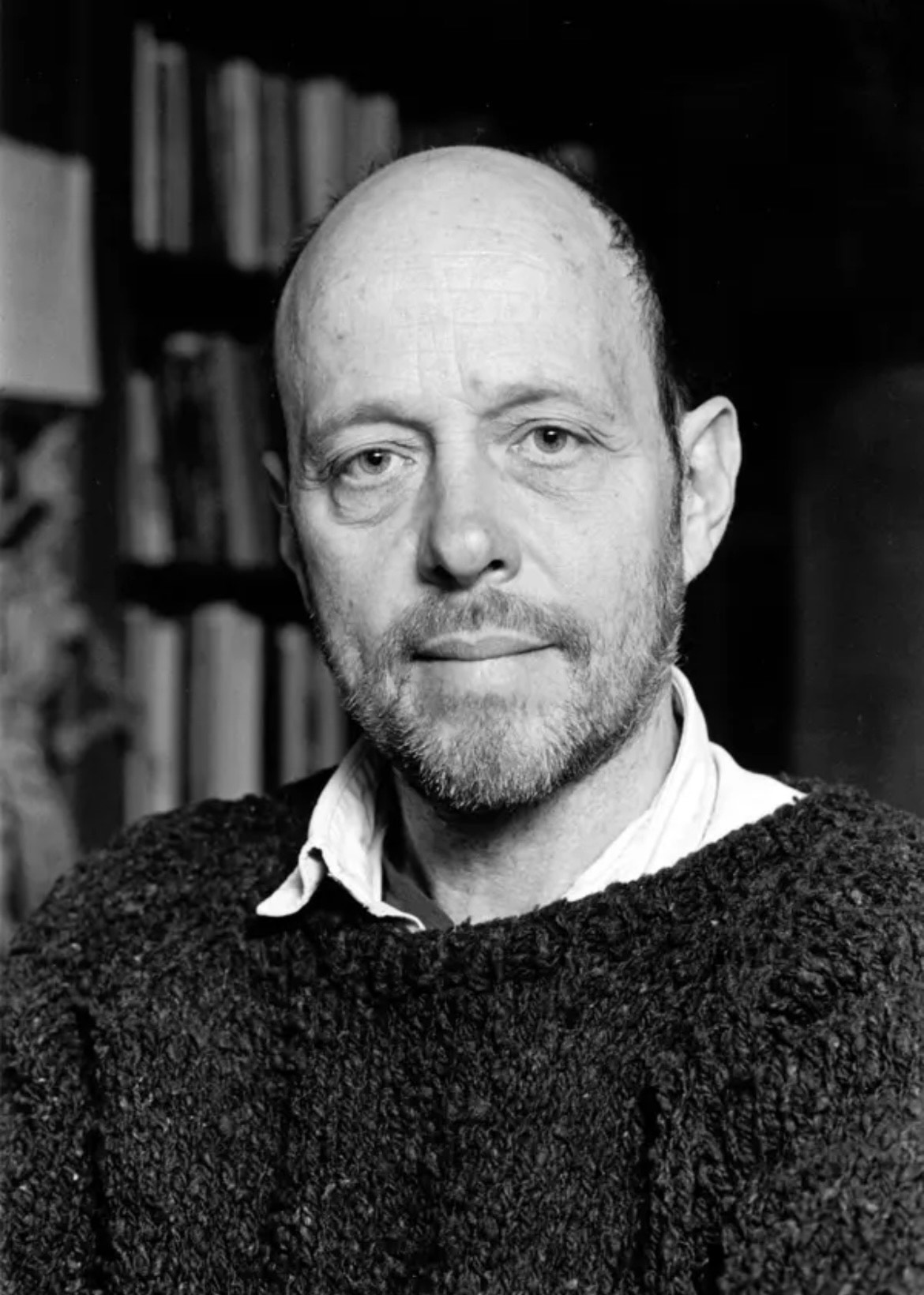A “genius, giant and generous scholar”: Remembering professor James C. Scott GRD ’63 GRD ’67
Distinguished by his empathy and love for those around him, James C. Scott revolutionized the field of political science through his advocacy and risk-taking nature.

Michael Marsland, via Yale University
James C. Scott GRD ’63 GRD ’67, Sterling Professor Emeritus of Political Science and professor emeritus of anthropology, died on July 19 at his home in Durham, Connecticut. He was 87 years old.
Scott, called “Jim” or “Scotty” by his close friends, began his graduate study in political science at Yale in 1961. His early works focused on machine politics and corruption in Southeast Asia. Scott later returned to Yale in 1976 and directed the Yale Macmillan Center Program in Agrarian Studies and held several appointments within environmental studies, political science and anthropology departments.
Friends and colleagues of Scott recall him for his empathy and passion for those around him. They affectionately remember visiting his farm and cottage, where he wrote and shared his warmth with others.
“He always tells people, ‘If you don’t enjoy it, you’d better go sell cars,’” Nongyu Duan GRD ’23 told the News. “More importantly, he demonstrates this through his own practice, never shying away from taking risks.”
Born in Beverly, New Jersey, Scott attended Moorestown Friends School, a school that embraced the Quaker ideology of anarchism, individualism and pacifism. Intellectually intrigued and influenced by his Quaker school, Scott was first introduced to Myanmar when writing his thesis at Williams College as an undergraduate where he majored in political economy.
Scott originally joined Yale in 1961 to pursue a masters and then doctorate in economics. At the time, the economics department was unwilling to admit Scott unless he took a second semester of calculus. However, Scott persuaded the political science department to admit him.
Scott began years of archival research and ethnographic fieldwork in Southeast Asia. For his third book, “Weapons of the Weak,” Scott spent fourteen months in Kedah, Malaysia, to understand everyday forms of resistance.
Scott’s next book, “In Praise of Floods: The Untamed River and the Life it Brings,” will be published posthumously by the Yale University Press in February 2025.
Though his works ranged across the world, he described himself as a “Southeast Asianist” and Myanmar as a “country of his first love,” according to David Moe, postdoctoral associate and lecturer at Yale.
His works with Southeast Asia date back to the 1950s. Scott studied Burmese in Myanmar’s University of Mandalay, writing reports on the fractured Burmese politics in the newly democratic Myanmar, the country that was known as Burma at the time.
Scott, who has been arrested over civil rights demonstrations over six times, understood what the Burmese people felt under the military oppression including the most recent 2021 coup d’etat. Scott, along with other scholars, was a part of re-establishing the Independent Journal of Burmese Scholarship.
After the 2021 coup, Scott established Mutual Aid Myanmar to raise funds for the Burmese people still living under repression. After Scott’s death, his son told everyone, “don’t send flowers, send money to the Burmese resistance.” Even after his death, his advocacy and struggle for the people of Myanmar persists.
“A day before his passing, he gave me a goodbye phone call,” Moe told the News. “He asked me for an update on Myanmar’s resistance movement. He described his great impression with people’s creative and courageous resistance to the coup and his optimism for the future of Myanmar’s democracy. He also expressed how much he enjoyed the time we have spent together as ‘two Myanmar experts’ for advocacy work at Yale and beyond and wished me all the best.”
At Yale, Scott brought his passions and curiosity, teaching courses such as “Decentralized Resistance” and “Resistance and Repression.”
Even after his retirement in 2021, Scott regularly visited Moe’s classes and other seminars as a guest lecturer. His encouragement and advocacy for his colleagues and students revolutionized existing and pioneering fields.
“I learned to look beyond the formal acts of defiance like public protest and delve into hidden transcripts, and everyday forms of resistance, like gossip and foot-dragging,” Chris Wong JGA ’23 said. “This was especially important to me as a Hongkonger, for since the security overhaul, resistance has gone hidden. But I learned from professor Scott that below-the-radar resistance can be impactful as well.”
Beyond the classroom, Scott also left a strong mark on the University. In 1991, Scott started and led the Agrarian Studies program and helped lead numerous conferences on topics such as organic food issues. In 2021, Scott became the first Yale affiliate to receive the A.SK Social Science Award for his research on economic policy and government in Southeast Asia.
Scott was also a vocal member on Yale’s campus. In response to a new program hosting scholars facing dangerous conditions in their home country, Scott urged former University President Peter Salovey to expand the number of scholars hosted by creating a signature program.
During the spring 2024 hunger strike where students called on the University divest from funding weapon manufacturing in Israel in light of the Israel-Hamas war, Scott told the News that Salovey should talk with students directly and provide them with a timeline on the divestment decision.
Scott leaves behind a legacy of ethnographic fieldwork and the power that taking risks holds to quench one’s curiosity. His love and concern for Myanmar will remain his lasting legacy as the Burmese people continue to resist the repression of the military.
“Prof. Scott truly was one of a kind — genius, giant and generous scholar,” Moe said. “His intellectual brilliance was profound; his ideas were original; his theories were highly influential; his humility was deep; and his generosity was wide beyond his own family. ”
Scott is survived by his three children and longtime partner, anthropologist Anna Tsing ’74.







